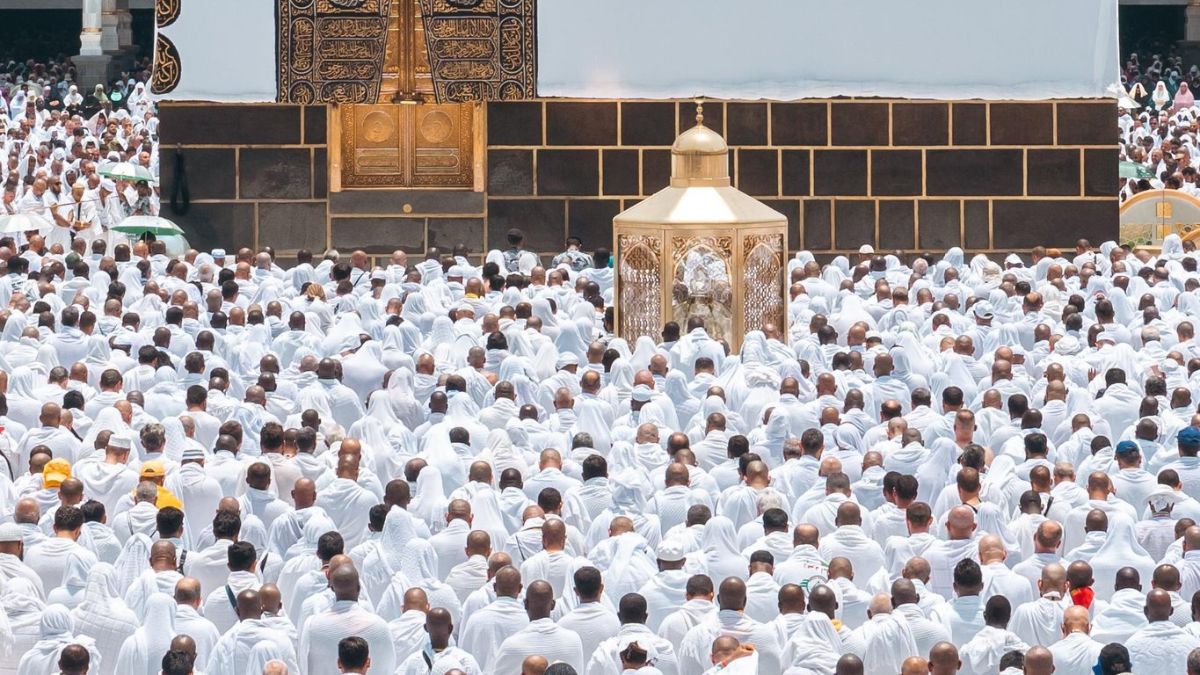Hajj 2026: Those with these diseases are banned from applying for visa
 Representation
Representation
In view of next year’s Hajj pilgrimage, Saudi Arabia has issued a ban on people with a wide range of chronic diseases from obtaining a Hajj visa. As per the country’s norms, all prospective pilgrims to be “free from infectious, serious, or uncontrolled chronic diseases” and be physically capable of performing the rituals “independently”.
Those who suffer from these medical conditions will be banned from performing the pilgrimage. These include patients who suffer from chronic kidney failure, heart failure or serious heart disease, chronic lung disease, chronic liver disease, neurological or mental disorders that impair cognitive or motor function, elderly pilgrims with dementia or physical frailty, high-risk pregnancy, active infectious diseases, and under-treated cancer patients.
Women who are three months away from giving birth and those with TB disease have also been banned. Countries have also been instructed to conduct proper medical examinations of applicants. Authorities also announced that those who violate Hajj-related rules will be denied entry to Saudi Arabia.
Besides, the pilgrims are also required to complete all specified immunisations before travel. These include the Meningococcal vaccine (ACWY) - mandatory for all, seasonal influenza vaccine, COVID-19, and other recommended vaccinations based on health.
Pilgrims are now required to provide a health declaration stating that they are disease-free and will be able to perform Hajj rituals.
Recently, Saudi Arabia has also rolled out a seasonal licensing system for pilgrim housing in Makkah and Madinah aimed at increasing accommodation capacity during the peak Hajj period. Those interested to obtain the licence were instructed to register via the Nusuk Masar platform, the centralised system.
Middle East